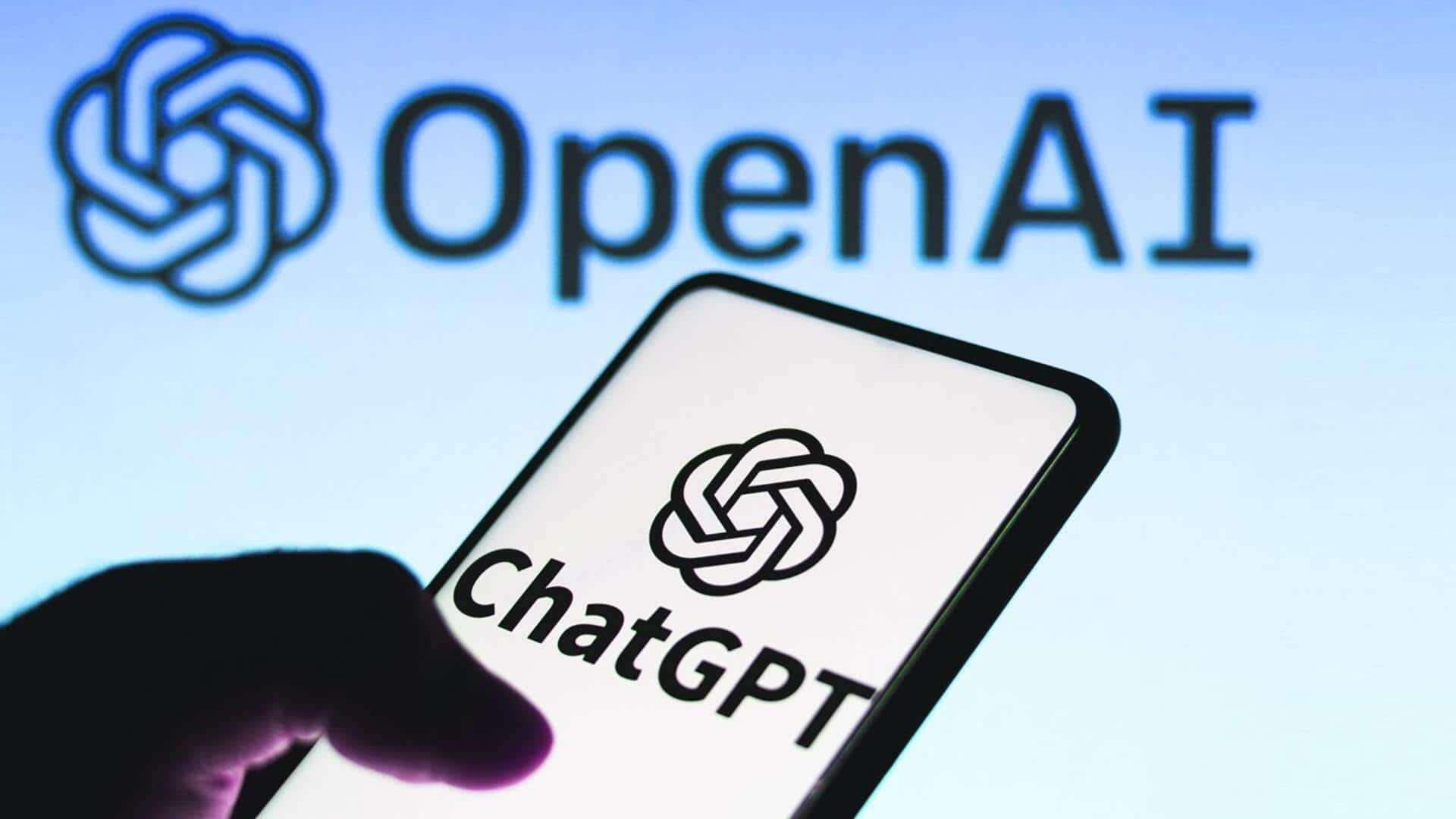
OpenAI expands into healthcare with AI tool for cancer screening
What's the story
OpenAI, a renowned AI company based in San Francisco, is broadening its healthcare horizons through a strategic partnership with health startup Color Health. The collaboration aims to leverage artificial intelligence in cancer screening as well as treatment procedures. Color Health has engineered an AI assistant, or "copilot," that utilizes OpenAI's GPT-4o model to support doctors in formulating cancer screening and pretreatment strategies for patients.
Functionality
AI copilot's role in personalized cancer screening plans
The AI copilot developed by Color Health operates by processing patient data, including personal risk factors and family history. It then uses this data in conjunction with clinical guidelines to devise a personalized cancer screening strategy. This informs doctors about any diagnostic tests the patient may be missing. Othman Laraki, CEO of Color Health, stated that "Primary care doctors don't tend to either have the time, or sometimes even the expertise, to risk-adjust people's screening guidelines."
Pretreatment assistance
AI copilot assists in cancer pretreatment work-up
Beyond screening strategies, the AI copilot also aids doctors in assembling a cancer pretreatment "work-up" post-diagnosis. This work-up comprises specialized imaging and lab tests, and securing prior authorization from health insurance to order these tests. According to Laraki, this procedure can take weeks or even months before a patient consults an oncologist. Studies indicate that a delay of a month can increase mortality by 6% to 13%.
Industry insights
AI in cancer treatment receives support, faces limitations
Karen Knudsen, CEO of the American Cancer Society, endorses the use of AI in cancer treatment. She believes it can alleviate some administrative work that leads to burnout. However, Laraki stressed that the pretreatment work-up process is intricate and not intended for full takeover by AI. Despite its potential benefits, AI in healthcare has its limitations, including the tendency for AI models to generate false information and contain bias.
Copilot trial
Clinicians analyze patient records in five minutes
In a trial of the copilot, clinicians were able to analyze patient records in an average of five minutes. Alan Ashworth, president of the University of California San Francisco's Helen Diller Family Comprehensive Cancer Center, said they are testing Color's copilot for diagnostic work-ups as if it were a new drug. Ashworth stated that "Reducing the time to treatment by weeks would be considered a win."